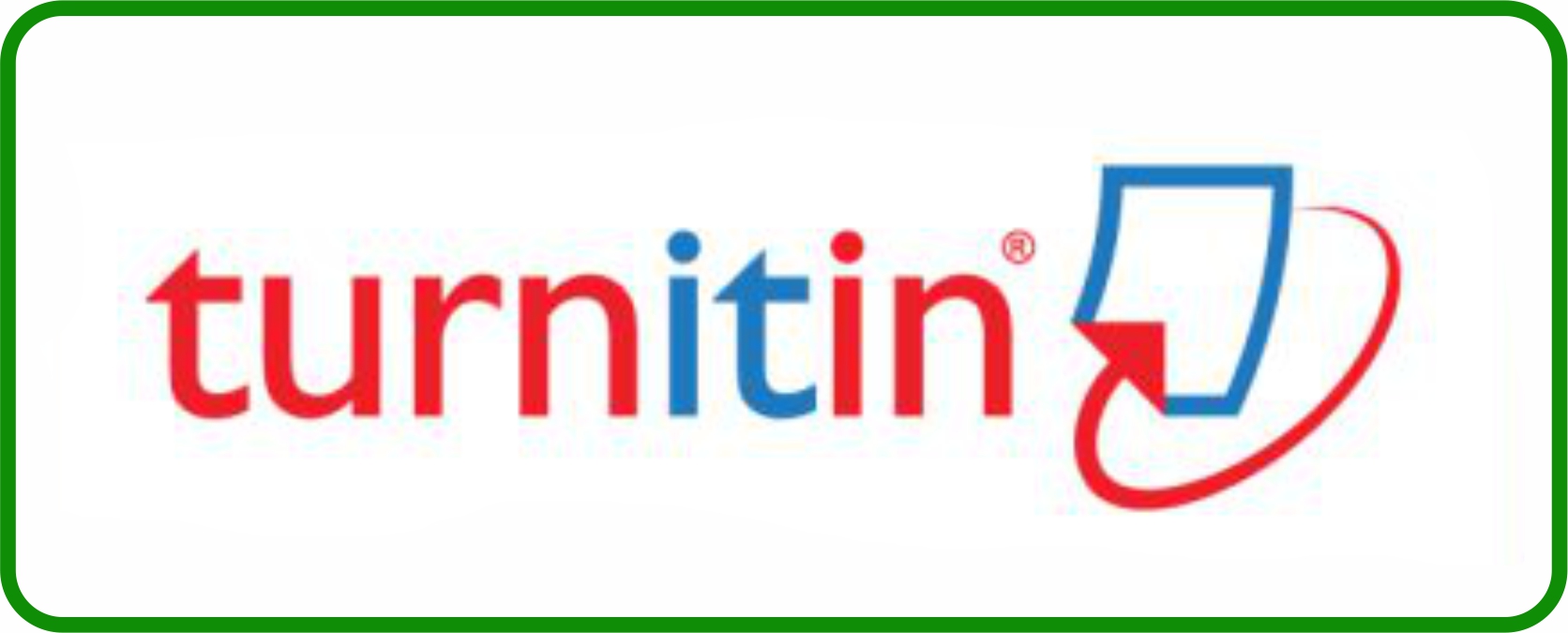Integration of Pixton and Deep Learning in Teaching Descriptive Writing in German: A Conceptual-Case Study Hybrid
Integrasi Pixton dan Deep Learning dalam Pengajaran Menulis Deskriptif dalam Bahasa Jerman: Hibrid Studi Kasus Konseptual
Keywords:
Pixton, deep learning, descriptive writing, german language, digital pedagogyAbstract
This article explores the integration of Pixton, a digital comic creation platform, with deep learning principles to enhance descriptive writing skills in German among Indonesian high school students. The study addresses the persistent challenges of low motivation and limited proficiency in descriptive writing by developing and implementing a Pixton-based teaching module grounded in mindful, meaningful, and joyful learning. Employing a conceptual and case study approach, the research involved needs analysis, module design using the ADDIE model, classroom implementation with 12th-grade students at SMAN 1 Driyorejo Gresik, and qualitative evaluation through observations, interviews, and reflections. Results indicate that the module increased student engagement, creativity, and collaboration, as well as improved vocabulary and sentence structure in German writing. However, challenges such as limited access to technology and the need for teacher training were identified. The findings highlight the potential of combining digital tools and deep learning to create engaging, student-centered language learning experiences.
Downloads
References
Aditya, David Sulistiawan. 2021. “Journal of Technology and Science EducationEMBARKING DIGITAL LEARNING DUE TO COVID-19: ARE TEACHERS READY?” Journal of Technology and Science Education 11(1):104–16.
Agin, Eren, Elif Tokgoz Oznur, and Ozlem Orlem Kilinc. 2023. “Critical Reading Self-Efficacy of Gifted Students.” Journal for the Education of Gifted Young Scientists 11(3):301–11. doi:10.17478/jegys.1320306.
Ameliana, Ive. 2017. “Teacher-Centered or Student-Centered Learning Approach To Promote Learning?” Jurnal Sosial Humaniora 10(2):59. doi:10.12962/j24433527.v10i2.2161.
Dunn, Alan M., Owen S. Hofmann, Brent Waters, and Emmett Witchel. 2011. “Cloaking Malware with the Trusted Platform Module.” Proceedings of the 20th USENIX Security Symposium 395–410.
Dutta, Rubina, Archana Mantri, Gurjinder Singh, and Narinder Pal Singh. 2023. “Measuring the Impact of Augmented Reality in Flipped Learning Mode on Critical Thinking, Learning Motivation, and Knowledge of Engineering Students.” Journal of Science Education and Technology 32(6):912–30. doi:10.1007/s10956-023-10051-2.
Hyland, Ken, and Fiona Hyland. 2019. “Interpersonality and Teacher-Written Feedback.” Feedback in Second Language Writing 2nd Edition. Cambridge: Cambridge University Press. Pp 165–83. doi:10.1017/9781108635547.011.
Legi, Hendrik, Dapot Damanik, and Yoel Giban. 2023. “Transforming Education Through Technological Innovation In The Face Of The Era Of Society 5.0.” Educenter : Jurnal Ilmiah Pendidikan 2(2):102–8. doi:10.55904/educenter.v2i2.822.
Mariana, Ana, and Ibnu Rawandhy N. Hula. 2024. “Application of Deep Learning in Foreign Language Learning for Boarding Students : Meaningful , Mindful , and Joyful Analysis.” Proceedings of Law, Education and Socio-Economic Studies 1(1).
Mayer, Richard E., Hyunjeong Lee, and Alanna Peebles. 2014. “Multimedia Learning in a Second Language: A Cognitive Load Perspective.” Applied Cognitive Psychology 28(5):653–60. doi:10.1002/acp.3050.
Munastiwi, Erni, Ali Murfi, Sri Sumarni, Sigit Purnama, Naimah Naimah, Istiningsih Istiningsih, and Annisa Dian Arini. 2023. “Coping with the Impact of Covid-19 Pandemic on Primary Education: Teachers’ Struggle (Case Study in the Province of Yogyakarta, Indonesia).” International Journal of Educational Management 37(1):22–36. doi:10.1108/IJEM-04-2021-0114.
Nelson, Mark Evan. 2006. “Mode, Meaning, and Synaesthesia in Multimedia L2 Writing.” Language Learning and Technology 10(2):56–76.
Rafiq, Arif Ainur, Mochamad Bruri Triyono, and Istanto Wahyu Djatmiko. 2023. “The Integration of Inquiry and Problem-Based Learning and Its Impact on Inceasing the Vocational Student Involvement.” International Journal of Instruction 16(1)(1):659–84.
Regan, Kelley, Anya S. Evmenova, Donna Sacco, Jessica Schwartzer, David S. Chirinos, and Melissa D. Hughes. 2019. “Teacher Perceptions of Integrating Technology in Writing.” Technology, Pedagogy and Education 28(1):1–19. doi:10.1080/1475939X.2018.1561507.
Satriani, Intan, Emi Emilia, and Muhammad Handi Gunawan. 2012. “Contextual Teaching and Learning Approach to Teaching Writing.” Indonesian Journal of Applied Linguistics 2(1):10–22. doi:10.17509/ijal.v2i1.70.
Yulaichah, Siti, Neni Mariana, and Wiryanto Wiryanto. 2024. “The Use of E-Comics Based on A Realistic Mathematical Approach to Improve Critical and Creative Thinking Skills of Elementary School Students.” IJORER : International Journal of Recent Educational Research 5(1):90–105. doi:10.46245/ijorer.v5i1.497.
Downloads
Published
How to Cite
Issue
Section
License
Copyright (c) 2025 Tri Wahyuni, Darni, Resdianto Permata Raharjo

This work is licensed under a Creative Commons Attribution-NonCommercial-ShareAlike 4.0 International License.











